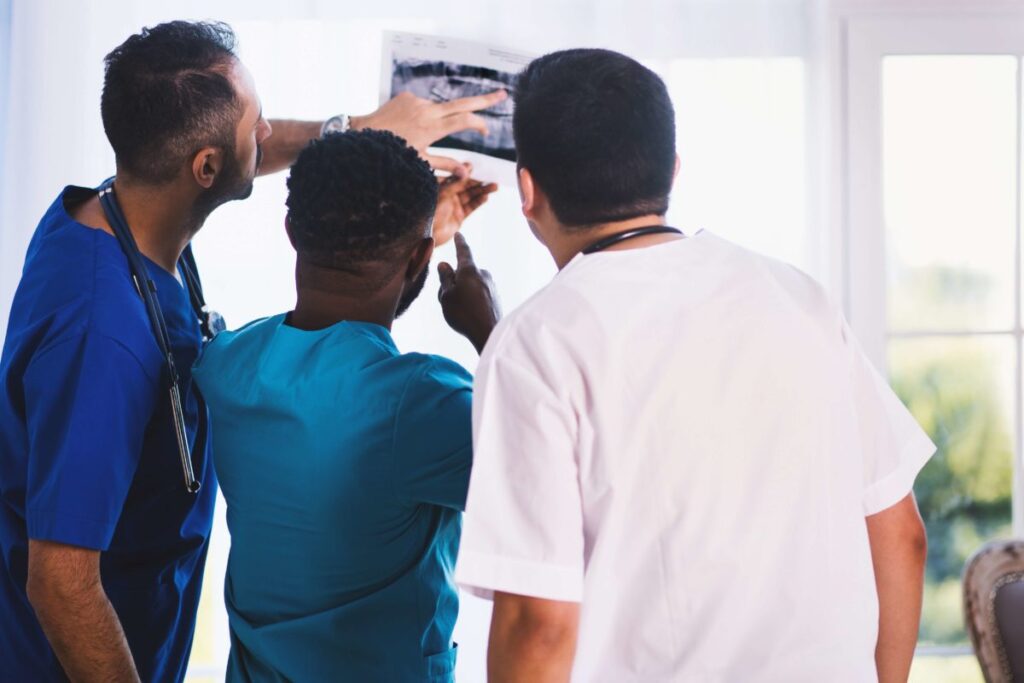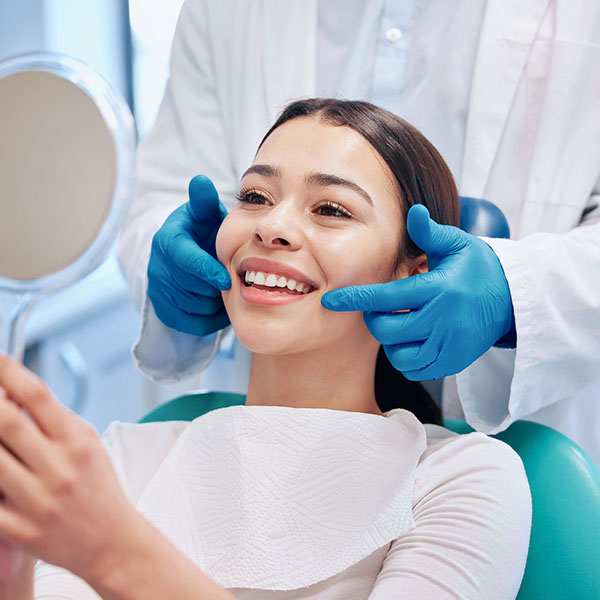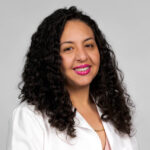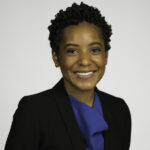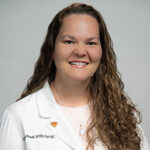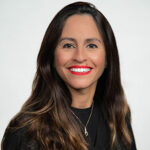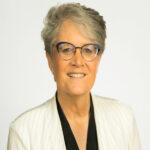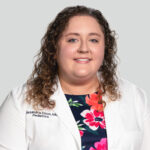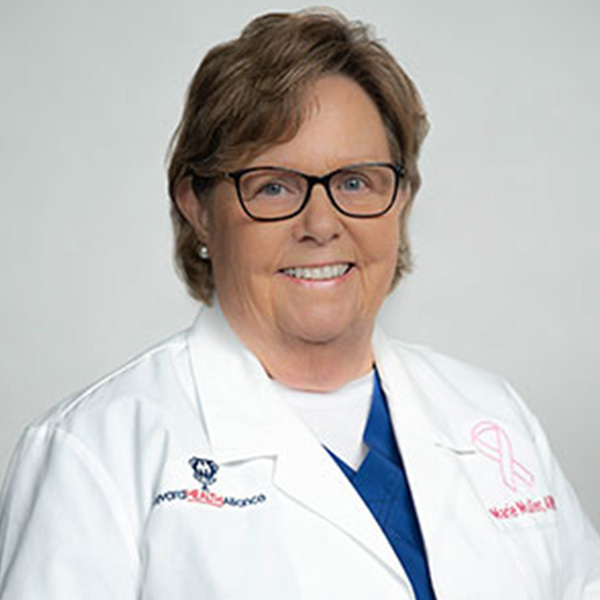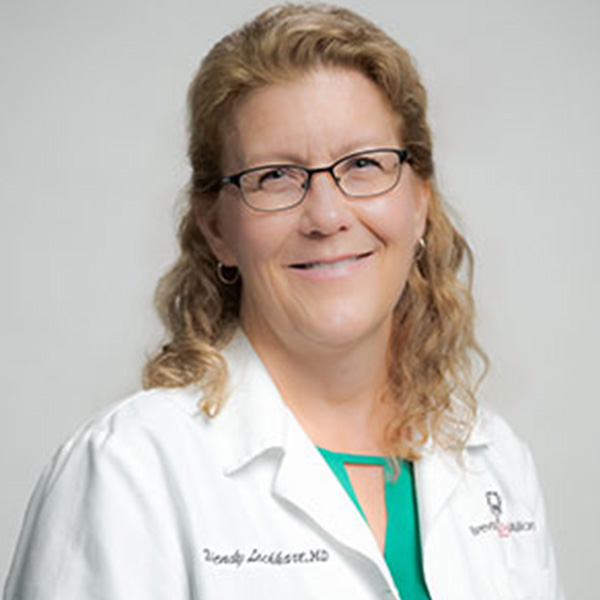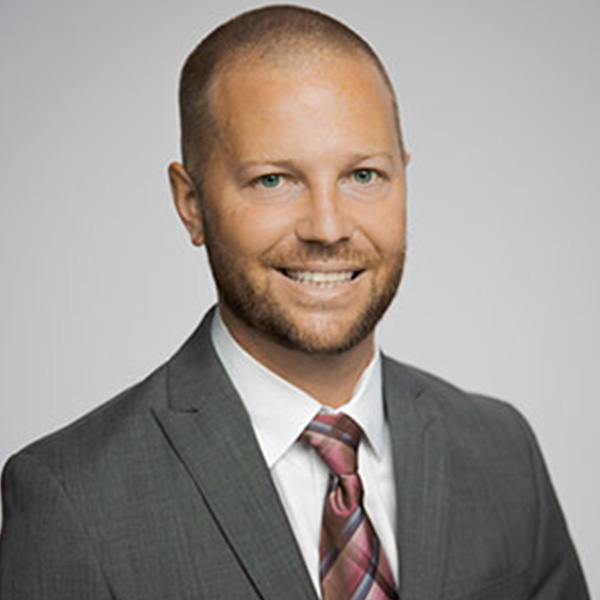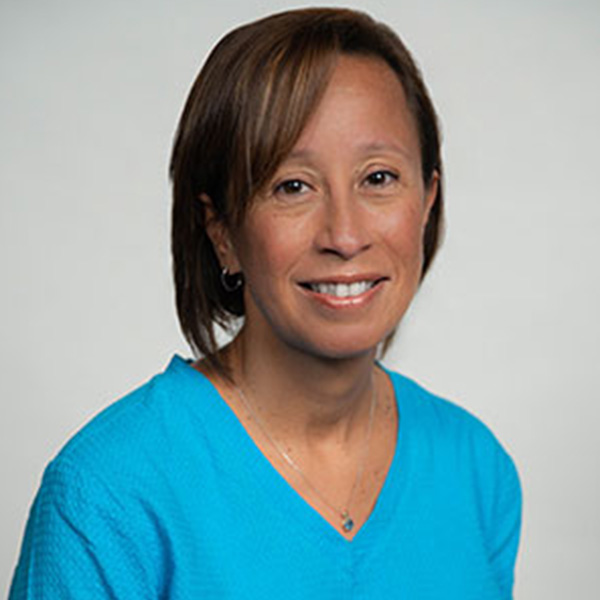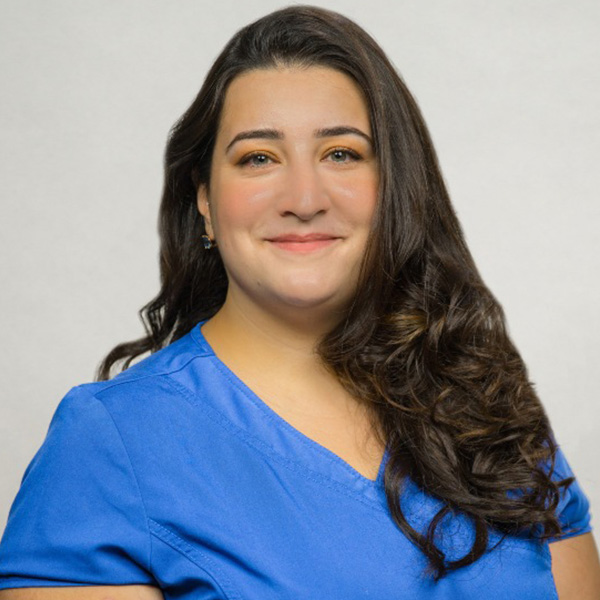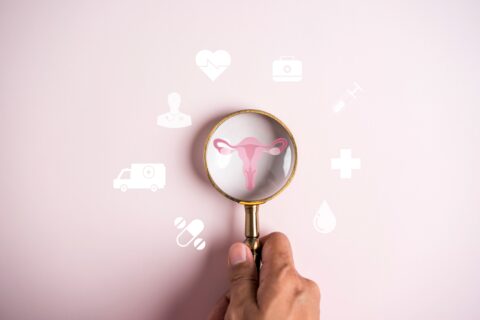Checking for Breast Cancer
Cancer is a terrifying word that makes everyone uneasy. Breast cancer claims more than 40,000 lives each year. It’s easy to ignore any symptoms that you may be experiencing and chalk it up to aging, but a breast cancer screening could be imperative to treatment and a better chance of success.
Early Diagnosis
Early detection and diagnosis of breast cancer is literally a life and death matter. More than 90% of women survive for at least five years when they are diagnosed at the earliest stage of breast cancer. Meanwhile, only about 15% of women survive for at least five years when they are diagnosed with the most advanced stage of breast cancer.
Mammogram
A mammogram is the most commonly used breast cancer detection method. A mammogram is a low-dose x-ray that is used to detect changes in your breast that are not normal.
Even if your mammogram does detect a lump or mass in your breast, you should not panic; there is an 80% chance that it is benign. A benign lump or mass is simply fibrous tissue, a cyst, fat, or several other cells that has built up over time and will not affect your health in any way. A simple and old technique to help detect any lumps or masses is to use a breast exam.
Old School Techniques
A breast self-exam or a doctor administered breast exam is not a good substitute for mammograms or MRIs. That being said, it is still important to stay in touch with your body as changes can happen in an instant. If you do happen to notice a lump or change in your body, make sure to schedule an appointment with your general physician to explore the change further.
There are very specific guidelines to determine when and if a woman needs a mammogram during their normal checkup. If your family has a history of breast cancer, or you have had chest radiation at a young age, you should start receiving breast cancer screenings at age 30. If you are not at a high risk of breast cancer, then you can wait until you are 40 to start breast cancer screenings. That said, it is never too early to consult your healthcare professional to determine the optimum age for you to start receiving breast cancer screenings.
